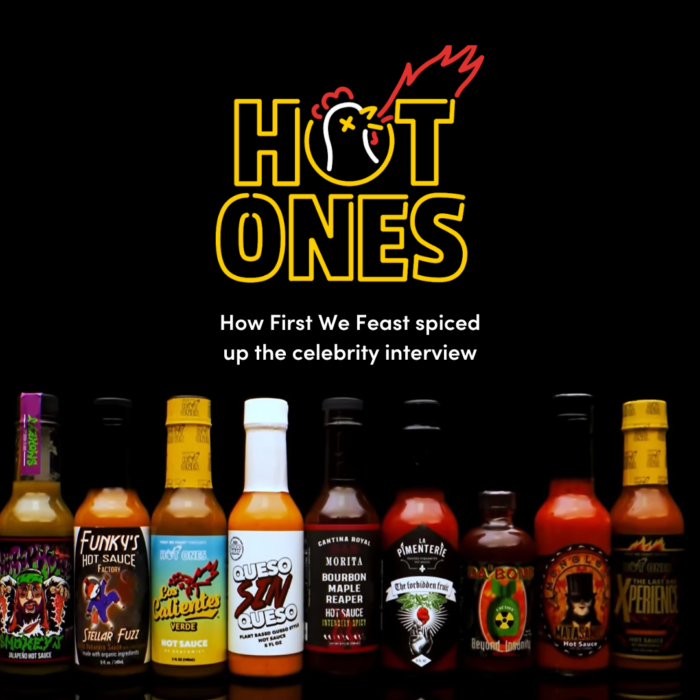As increasingly more domestic abuse charities call to ban Andrew Tate from TikTok and Spotify, we investigate his rise to social media fame, why platforms continue allow for people with potentially violent views to share their opinions, and why are they so slow to do anything about it?
Who is Andrew Tate?
Tate became famous when he was removed from Big Brother UK after a video of him beating a woman with a belt surfaced online. Whereas you’d hope that would be the end of his time in the limelight, TikTok has provided an outlet for him to come back into the public eye.
Following this scandal, Tate launched an online business, Hustler’s University, which centres around getting rich quick and training young men on “male-female interaction”. The venture’s success meant he has since been invited on an array of notorious podcasts.
Is TikTok to blame for Tate’s popularity?
As part of ‘Hustler’s University’, Tate encourages members to share clips of his podcast as widely as possible on social media. This has led to a series of accounts on the video-sharing platform which are dedicated to misogynistic views. Clips sharing opinions have millions of views, and, despite many comments often decrying potential hate speech, there remains a portion of ardent followers doting on Tate’s every word. As of August 11th, The Guardian reported that videos of Tate have been viewed over 11.6 billion times on TikTok alone.
Online users have been able to manipulate the algorithm through the extremity of what he says, with each like, share or comment – no matter positive or negative – contributing to the explosive nature of his presence.
But exactly why has TikTok allowed this content to remain on its platform, for millions of people to see?
A spokesperson for TikTok told The Independent: “Misogyny and other hateful ideologies and behaviours are not tolerated on TikTok, and we are working to review this content and take action against violations of our guidelines.”
In response to this rather weak statement, many have criticised the platform for not taking a strong enough stance, hoping to see his content removed outright from the app in the same way that women’s bodies are so heavily policed.
Why are social media accounts so slow to act when it comes to violence against women?
Although online misogyny is nothing new, the mass-sharing of clips taken from Tate’s YouTube account and podcast appearances is unlike anything we have seen before from similar public figures. There is clearly a huge gap in the responsibility of whom should be protecting women online, or how to police extreme views, something which often gets pinned under the label of ‘free speech’ if it doesn’t directly seek to abuse or attack someone.
We need only look to Twitter to see similar inaction in their own guidelines. Figures such as JK Rowling have recently seen themselves physically threatened by other users. Upon reporting these instances of abuse, Twitter has taken hours, if not days, to restrict the account or hand over any details to authorities.
Content which normalises beliefs that keep misogyny institutionalised, omnipresent and systematic, must be tackled immediately. The number of charities and public figures calling to deal with the wider issue of how women are treated online, is growing by the day.
In response to the wide-reaching backlash, Tate released a statement on Instagram that he would “donate significant funds to charities which support women against domestic violence.” As can be imagined, few are convinced by both his response.
Only time will tell whether social media platforms will take harsh measures to protect women online. However, given the length of time that the debate of women’s safety online, we are certainly not holding our breath.




